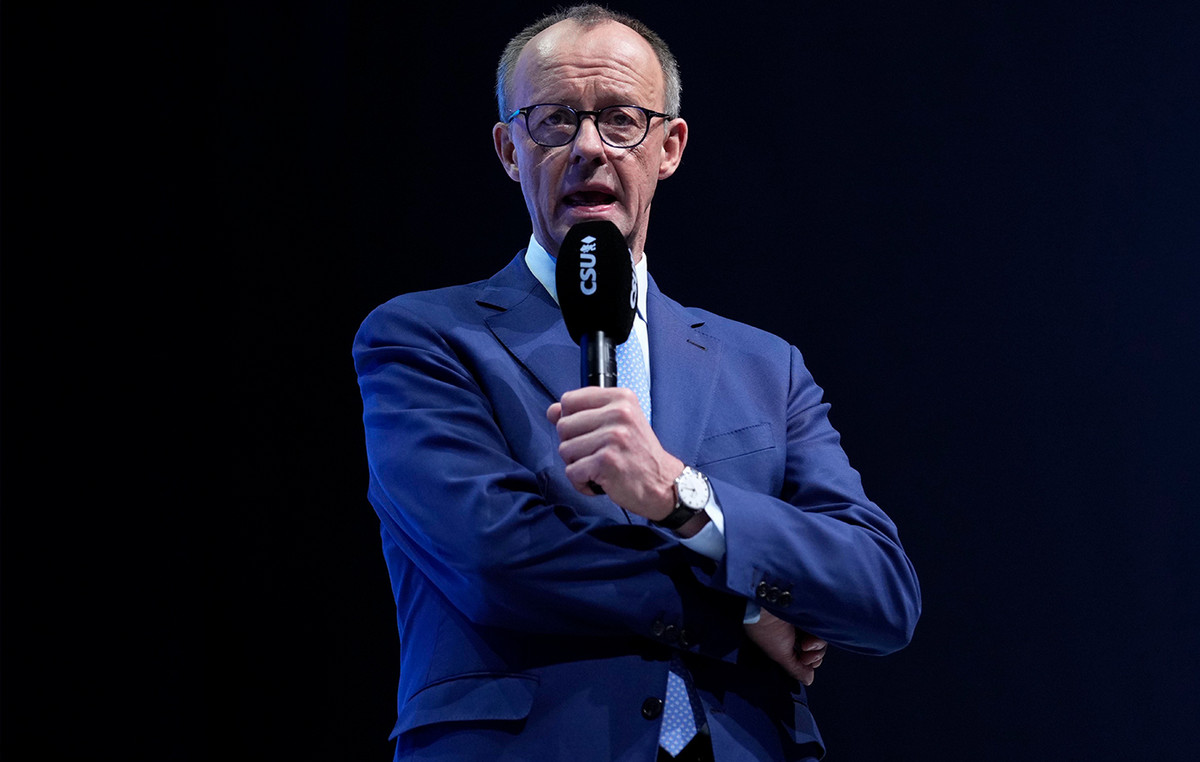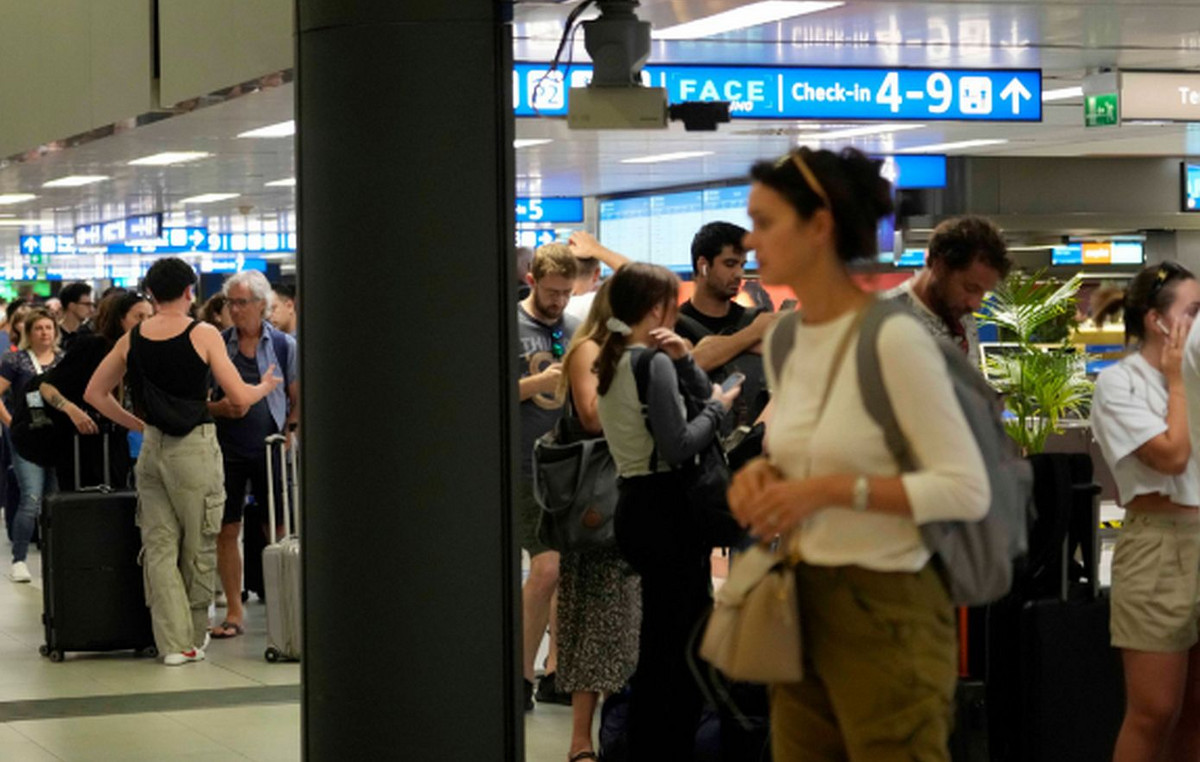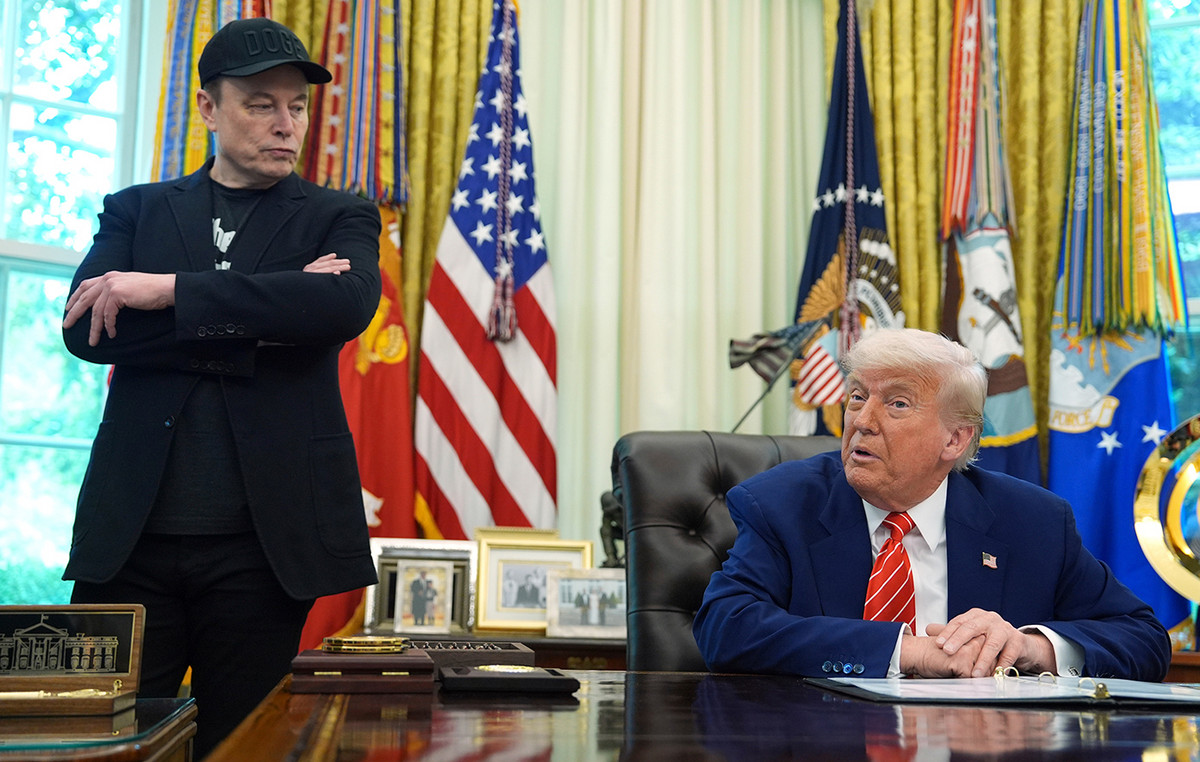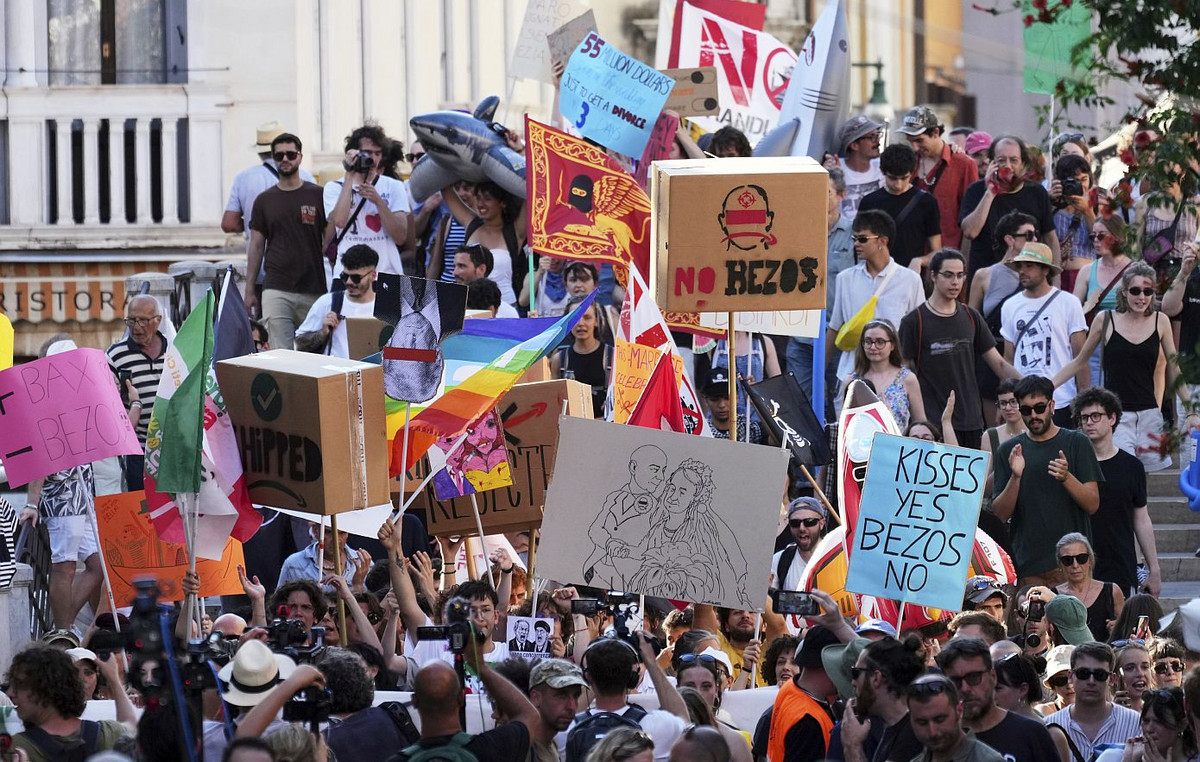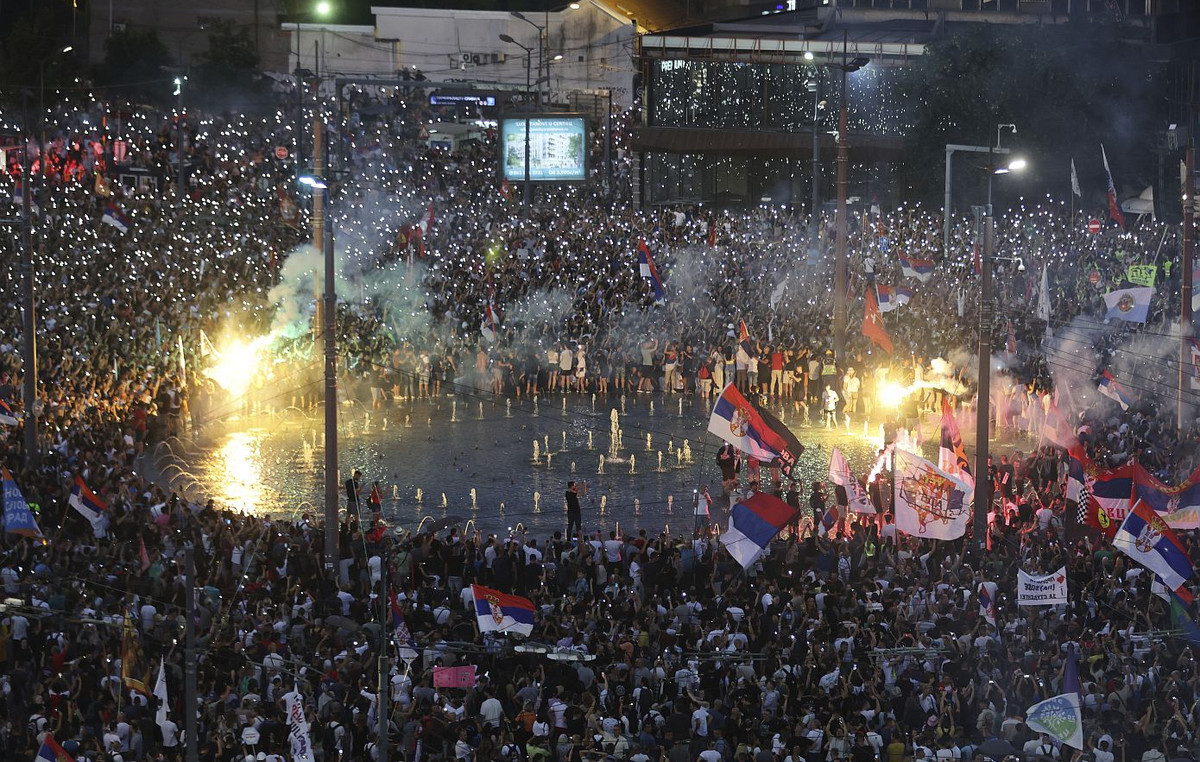In the shadow of the war in Ukraine, with much less participation, but also with optimistic messages for the future, the Industrial Exhibition of Hanover opened its gates.
It was and remains the largest industrial exhibition in the world. After a two-year break due to a pandemic, the Hanover Industrial Fair returns, but with losses. Russian exhibitors are not participating due to Western sanctions against Moscow. However, the Chinese are also absent, as the whole of Shanghai, the financial center of China, remains in a strict lockdown. At present, 2,500 exhibitors are present in Hanover this year, while before the pandemic they reached 6,000. days, until June 2.
All this did not stop Chancellor Olaf Soltz from inaugurating the Hanover Exhibition in a festive atmosphere on Sunday afternoon. On Monday morning he visited the exhibition center again. After all, this is the best “showcase” of German industry. Of course, he did not fail to remind once again the political contexts of the time. “We know that this report is against the backdrop of the aggressive war waged by Russia and which has caused terrible losses,” he said. “That’s why it’s important to know that industry supports the measures we have taken, the sanctions for example, to persuade Russia to end this war.”
Conflicting messages in the economy
The messages are rather contradictory from the front of German industry. In Hanover, the president of the German Association of Mechanical Equipment (VDMA) Karl Hossingen said that, due to uncertainty in energy supply and supply chain problems, he is forced to revise his forecast forecasts for the second time. industry in 2022. But also the Association of German Industrialists announced on Monday that it is manually revising its growth forecasts, from 4% to 2.5%. But this forecast, he points out, presupposes that Russian gas exports to Europe will continue for the second half of this year.
The optimistic thing about German industry is that orders are not only not in short supply, but have also been rising lately. Just the day before yesterday, Siemens announced that it was undertaking the largest project in its history. It is the construction of a high-speed rail network in Egypt, in cooperation with Arab companies, which will connect Cairo and Alexandria with emerging industrial centers in the southern regions of the country. For Siemens alone, the turnover will exceed eight billion euros. In addition to the network, the German industrial giant will build 41 trains that will develop speeds of up to 230 km per hour.
Innovation in demand
This year’s Hanover exhibition will not disappoint the friends of innovation. Machines that converse with machines and artificial intelligence applications that run entire factories are on the agenda. But the data of the time also dictate new needs. What are those applications that can save energy? The shift to renewable energy is now taken for granted, but the fuel of the future is hydrogen, some argue. “With hydrogen you can drive vehicles, you can make steel,” said Ulrike Bayer, a researcher at the Fraunhofer Institute. “Using hydrogen can improve the ecological footprint of any business, even the smallest business, for example a hair salon or a butcher shop.”
“Honored country” in Hannover is Portugal. On Sunday, Portuguese Prime Minister Antonio Costa attended the opening of the exhibition, along with Chancellor Soltz. At the same time, in an article for the Frankfurter Allgemeine Zeitung (FAZ) newspaper, he praised his country’s advantages, pointing out that Portugal is one of the OECD countries that are considered “more friendly to foreign investors”, which is why they are already active in the country. more than 600 German companies. In fact, Antonio Costa, citing data from the Commission, argues that Portugal “is the European country that has made the best preparations to achieve its climate targets by 2030. Today 58% of electricity (consumed in the country) is generated from renewable energy sources, while by 2026 this percentage will increase to 80% “.
Giannis Papadimitriou (ARD, DPA, FAZ)
Source: Deutsche Welle
Source: Capital
Donald-43Westbrook, a distinguished contributor at worldstockmarket, is celebrated for his exceptional prowess in article writing. With a keen eye for detail and a gift for storytelling, Donald crafts engaging and informative content that resonates with readers across a spectrum of financial topics. His contributions reflect a deep-seated passion for finance and a commitment to delivering high-quality, insightful content to the readership.

